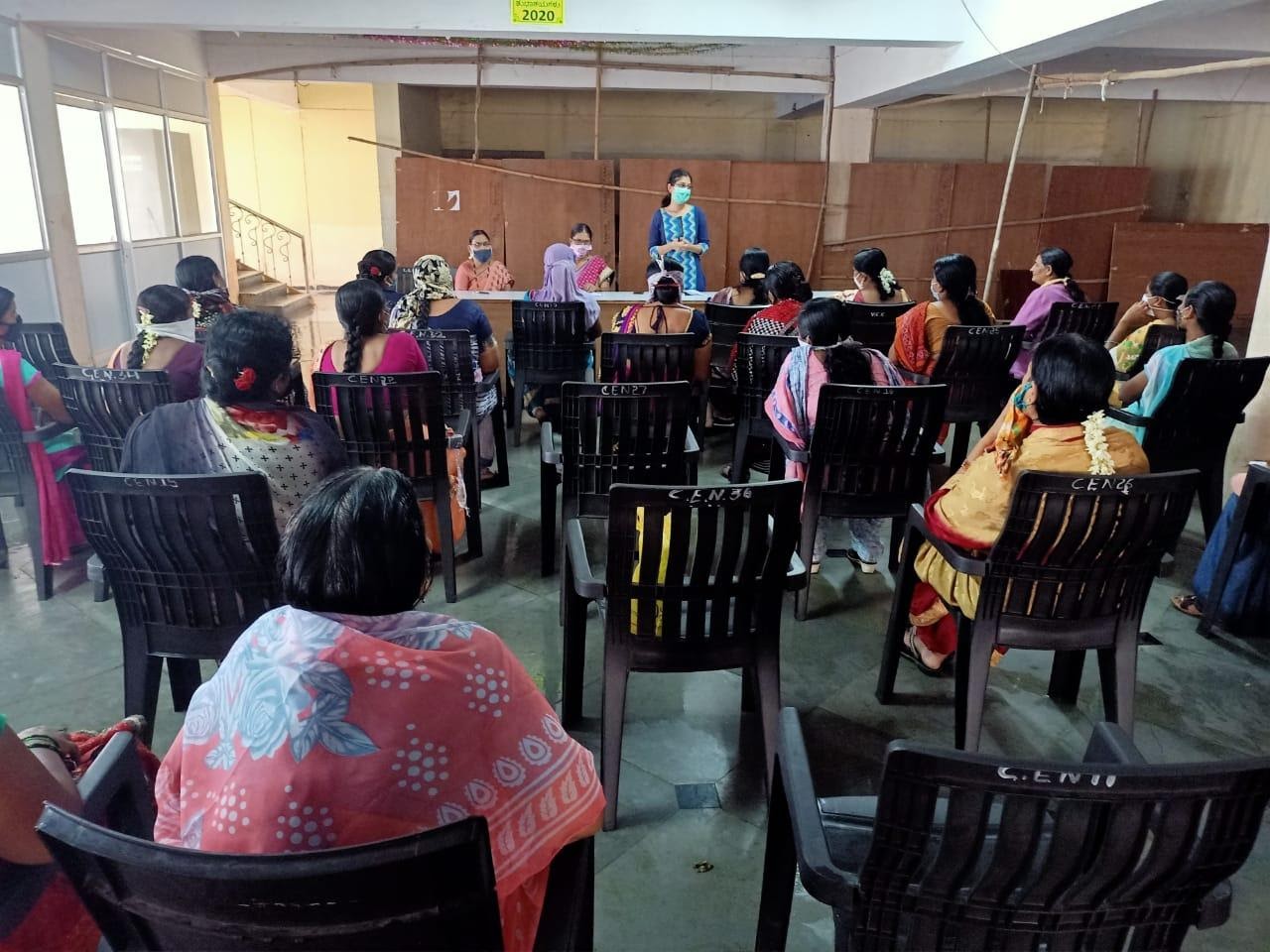
Skilling and markets – the two pillars of recovery for SHGs in Vijayapura
- By Ranjini Rao HS
- August 24, 2020
Share This Story
Self-help groups, Vijayapura, pandemic, skilling, empathy, MGNF
‘One of the members explained how many women stopped utilising the crèche services, which are usually located in remote areas, and restrict visits to the Anganwadi Centers only until the birth of their child. These SHGs have been strongly affected by the pandemic, especially since trust with regards to cleanliness and hygiene has taken a beating’..’
‘My name is Lakshmi (name changed) and I am part of the Bhagyavati Self-Help Group. I prepare jowar rotis and supply to nearby dhabas and restaurants. I have two school going children and I teach them every day as they don’t have steady access to online classes. My husband works as a garments salesman, but his work has been crippled by the pandemic. I also have an elderly mother-in-law who needs great care and attention. I now have limited time, added responsibilities and customers who wish to purchase the rotis on credit.’ lamented one of the 15 Self-Help Group (SHG) members gathered at the Vijayapura City Municipal Corporation.
While the concept of self-reliance runs deeply through SHGs, the symphony of financial discipline, alternative sources of income and the sense of companionship was heavily disrupted when the pandemic and the consequent lockdowns hit Vijayapura, the 19th district in Karnataka to be affected by COVID-19. The SHG members, especially those involved in selling garments procured from Hubli, Kolhar and Chadchan, selling papads to nearby office spaces, and those running crèche services were pushed back to the confines of their homes with lesser money, more dependence on their husbands, and increased domestic responsibilities.
SHGs have provided crèche services as part of the Integrated Child Development Scheme in Anganwadi Centers. With COVID-19, utilisation of these services has decreased as some women come only for pre-natal check-ups. Lack of trust due to poor cleanliness and hygiene are additional challenges that keep ICDS users away and hence reduce the abilities for the SHG to be economically active.
One of the community organizers proudly recalled how the pickles and jams made by one of the SHG members sold like hot cakes at a food fair in Mysuru. While this nostalgic moment brightened the room transiently, the whirlwind of reality brought to the fore a severe lack of reliable market access and quality skill training in branding, packaging, and marketing. While institutions such as RUDSET offer quality skill training and entrepreneurship development programs, many women are unable to participate. With domestic duties creating barriers to enrol in residential programs, a frequently stated desire is for a Skills-on-Wheels approach. Many women voiced that there was no dearth of labour and now that many of their customers were no longer accessible, the need for reliable market access for their products was critical.
I had entered the meeting with a list of ideas and possible solutions, excited and ready to discuss them with the women members. However, the interactions helped me understand the ground realities, gave me the courage to renew my search for better solutions and retrace the journey with a fresh perspective and empathy.

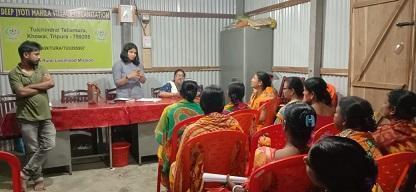
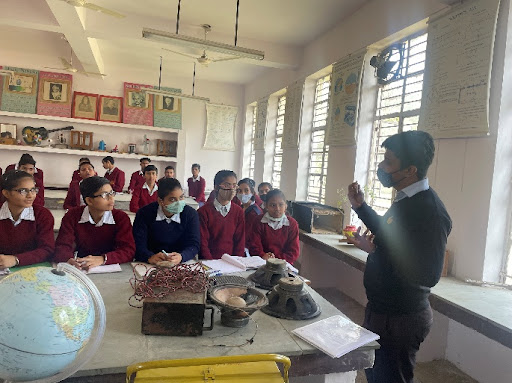
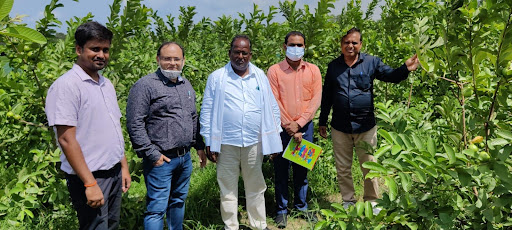
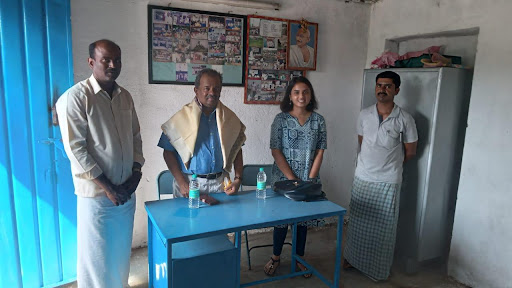
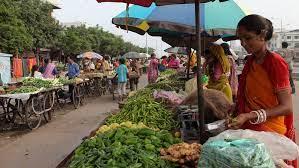
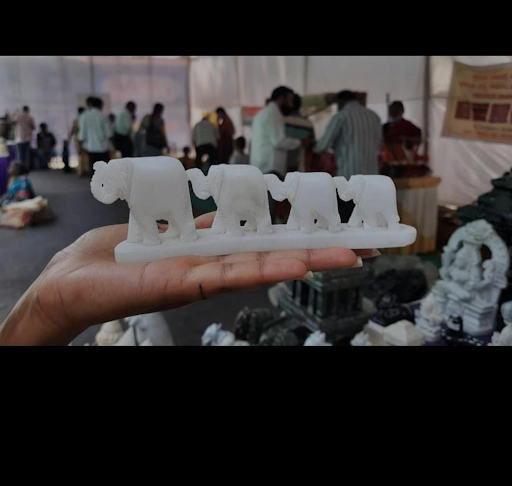
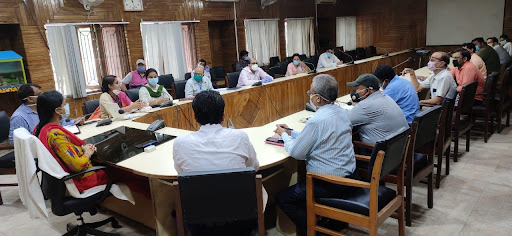
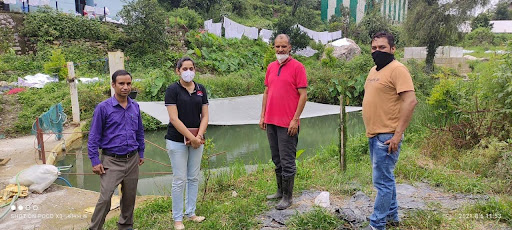
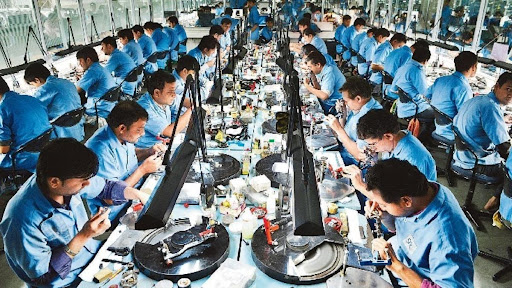

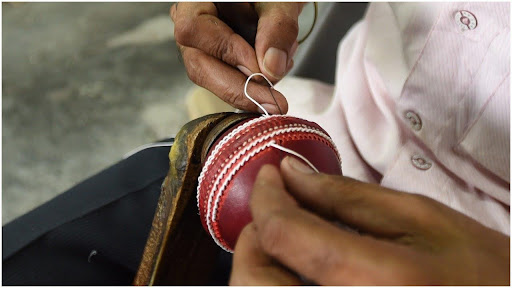
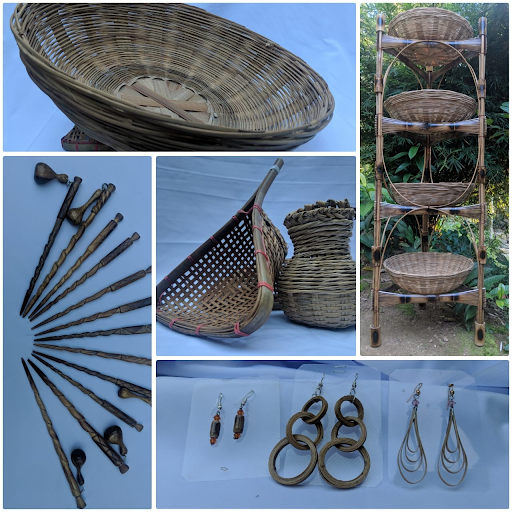
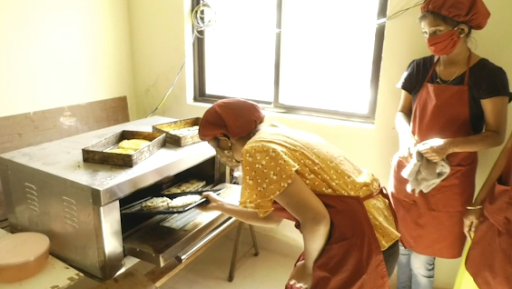
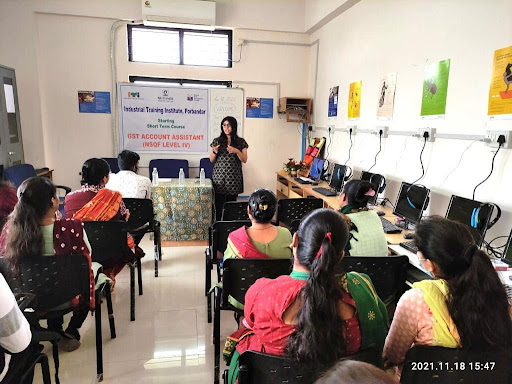
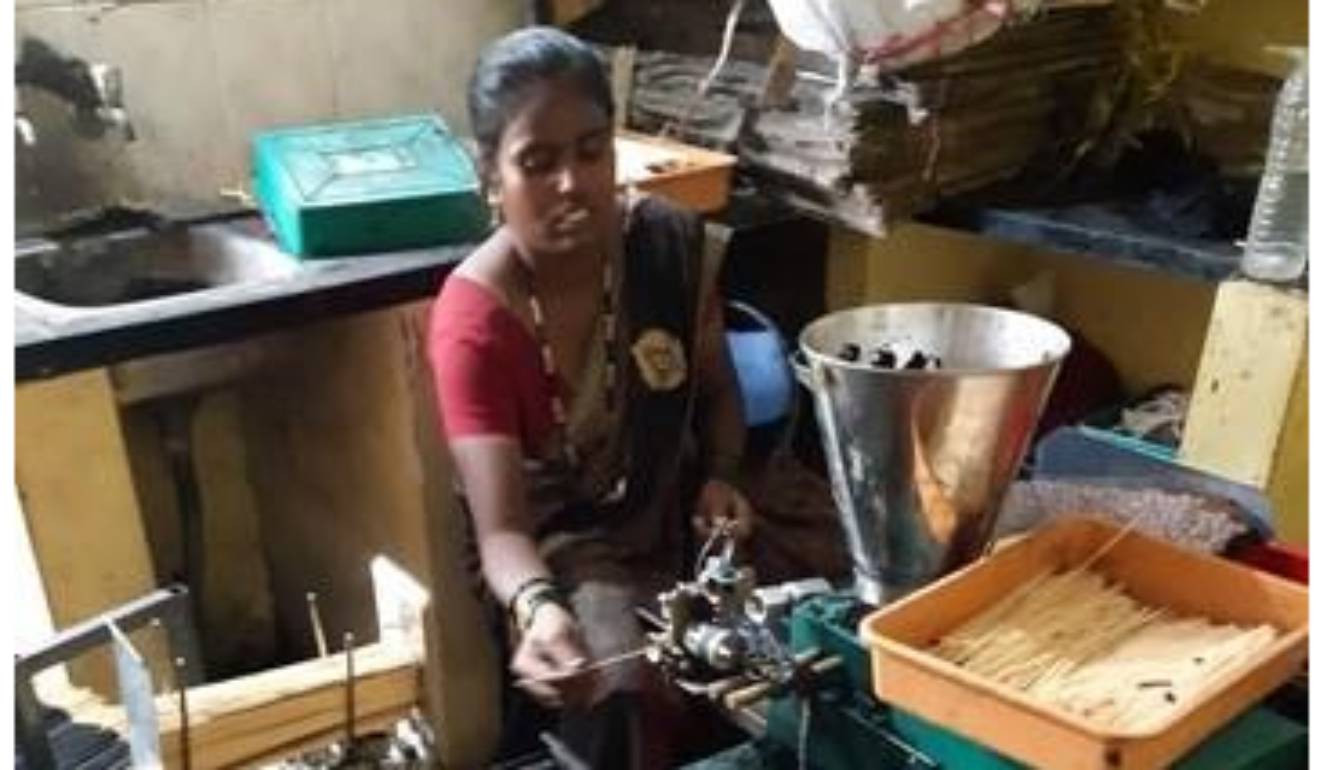
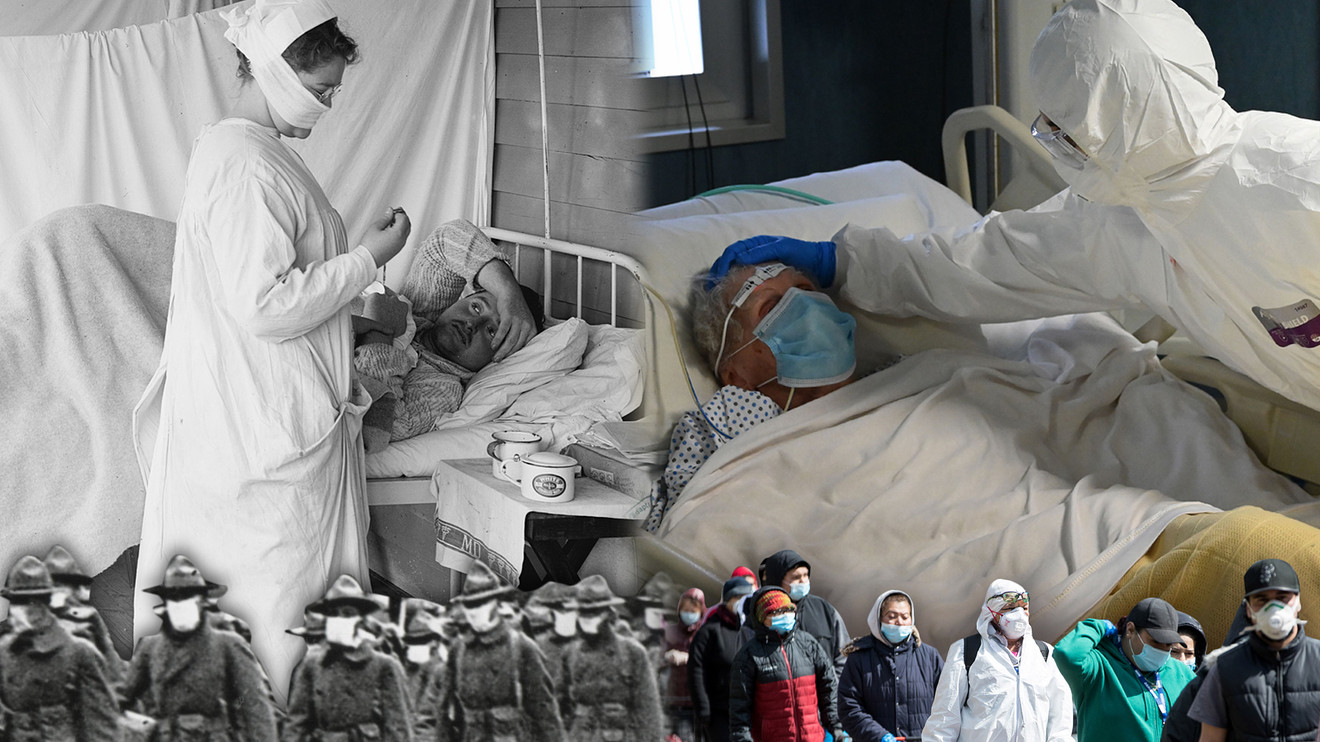
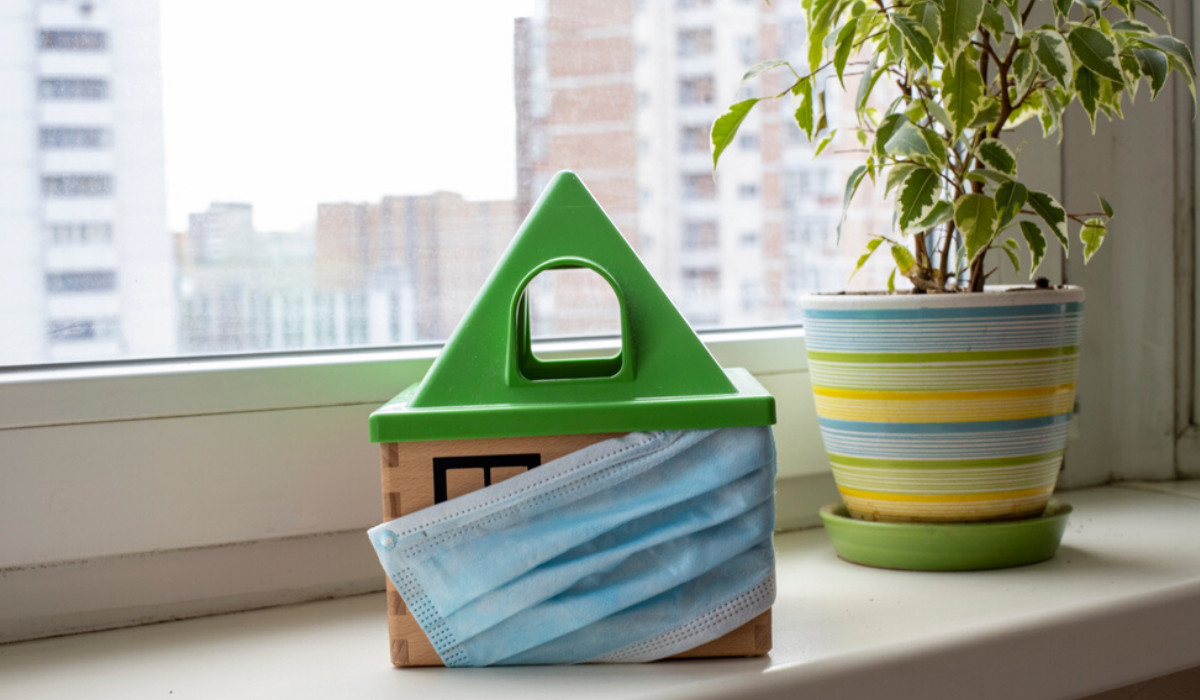

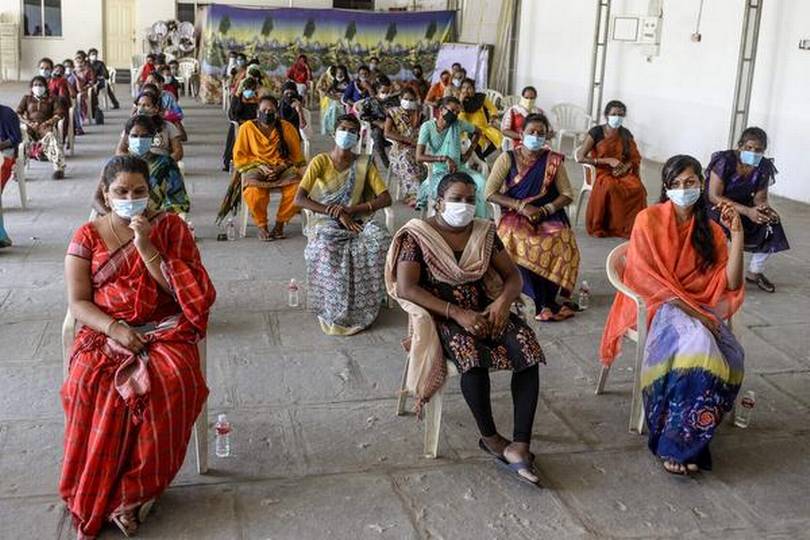
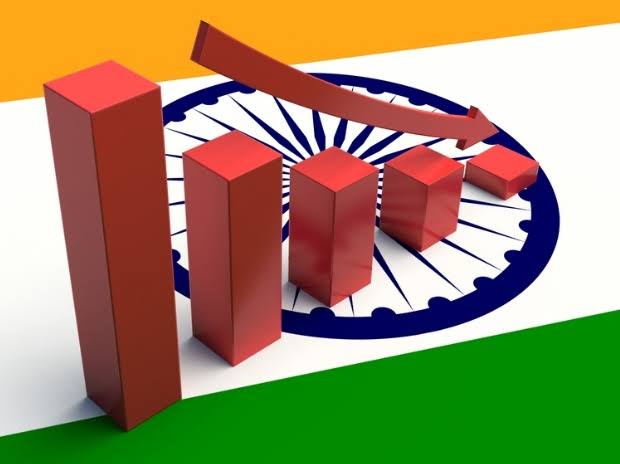







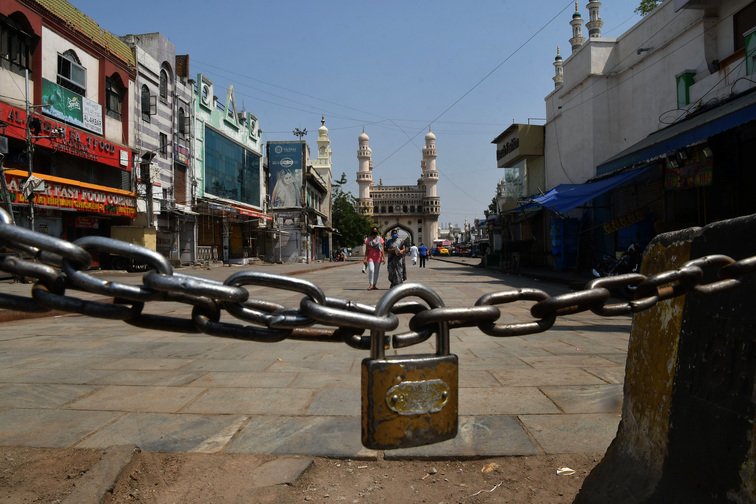




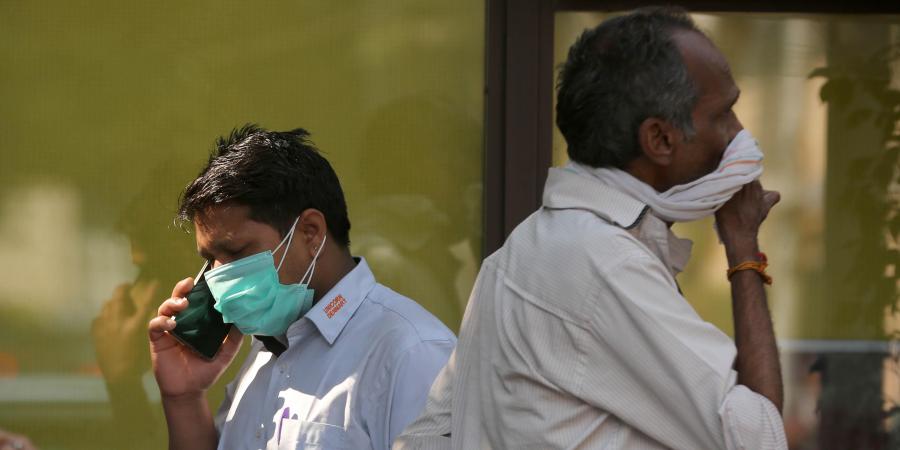
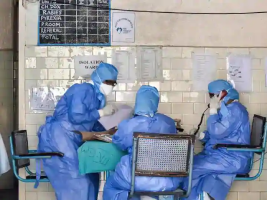
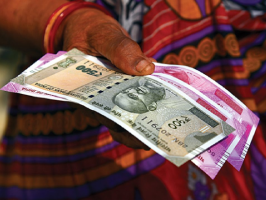
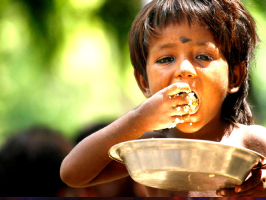
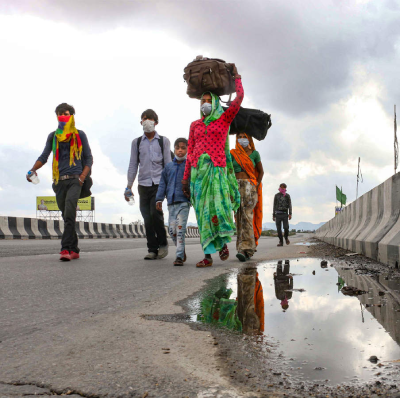
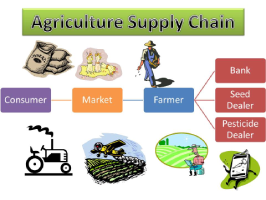
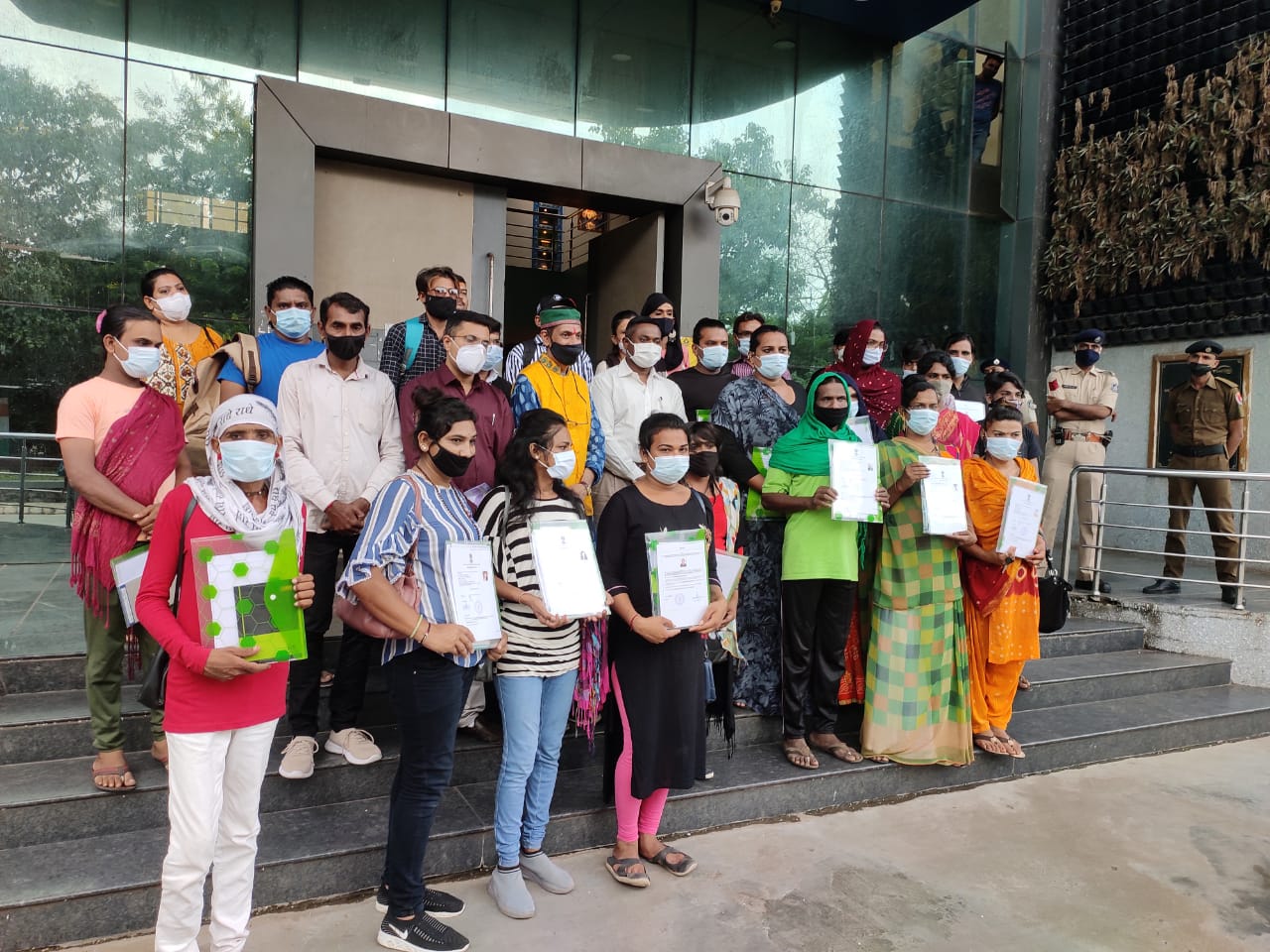
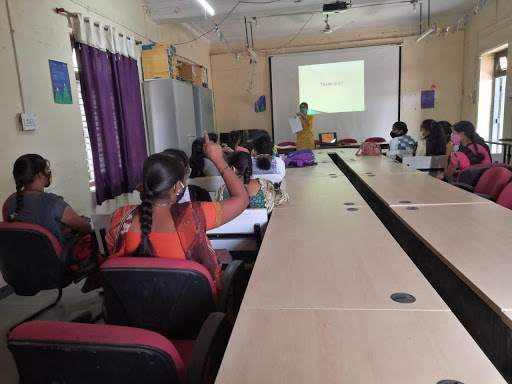


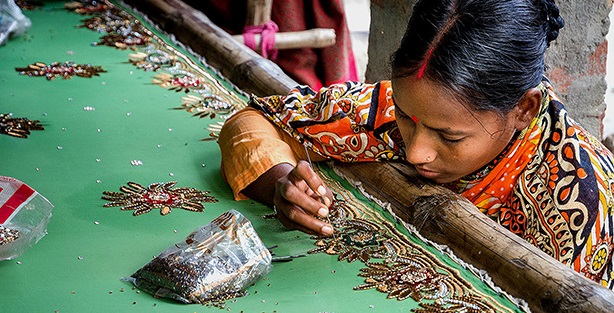
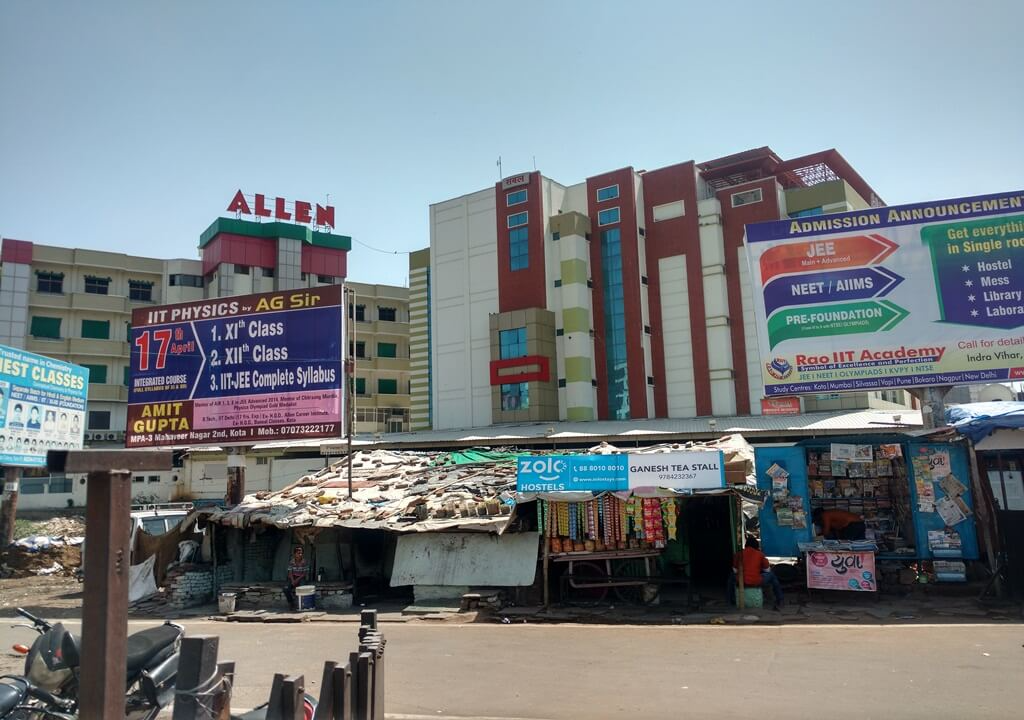
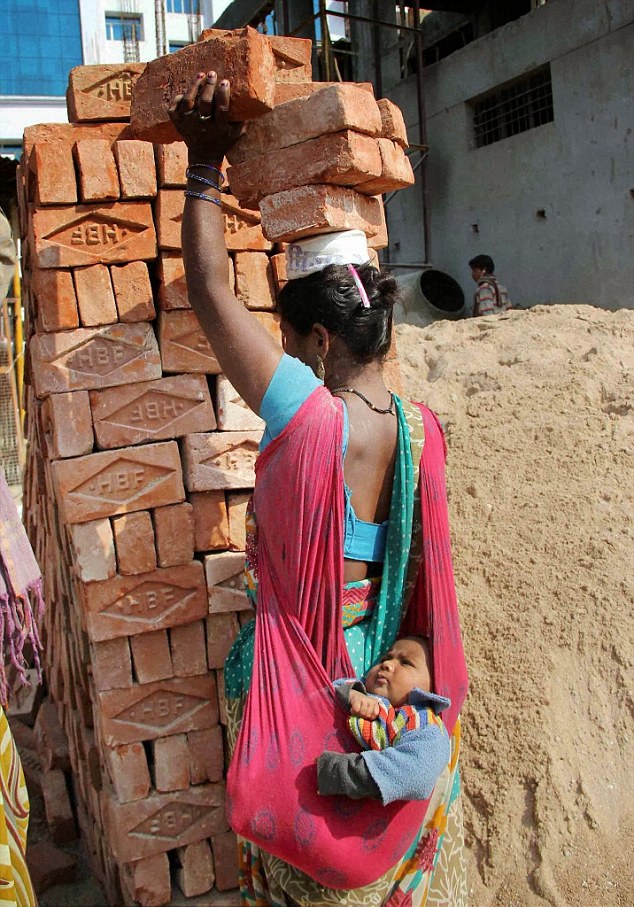
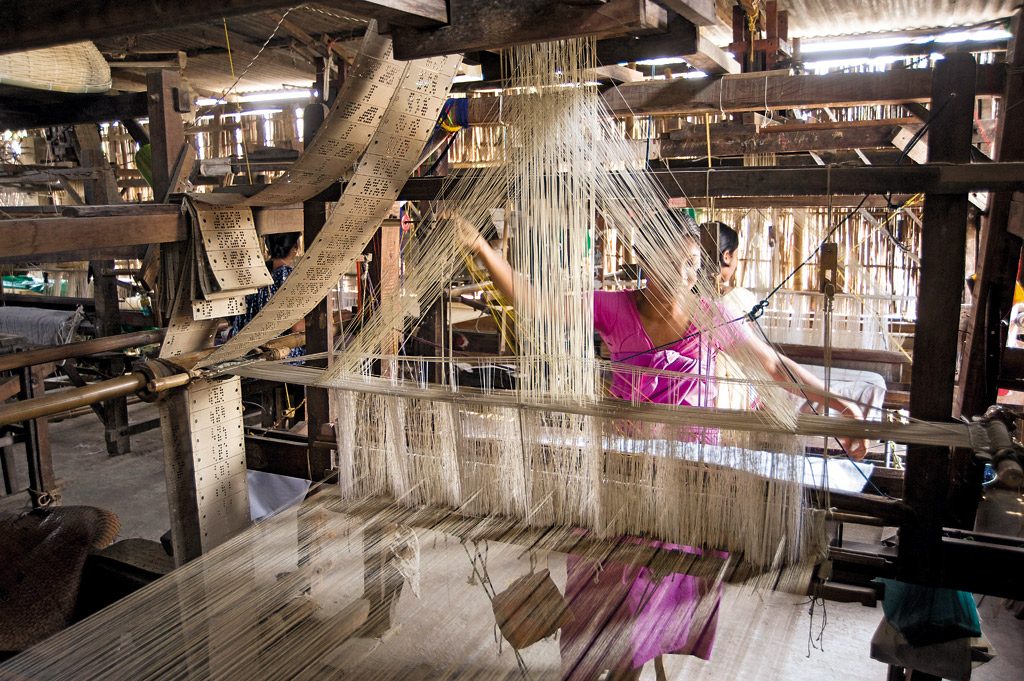
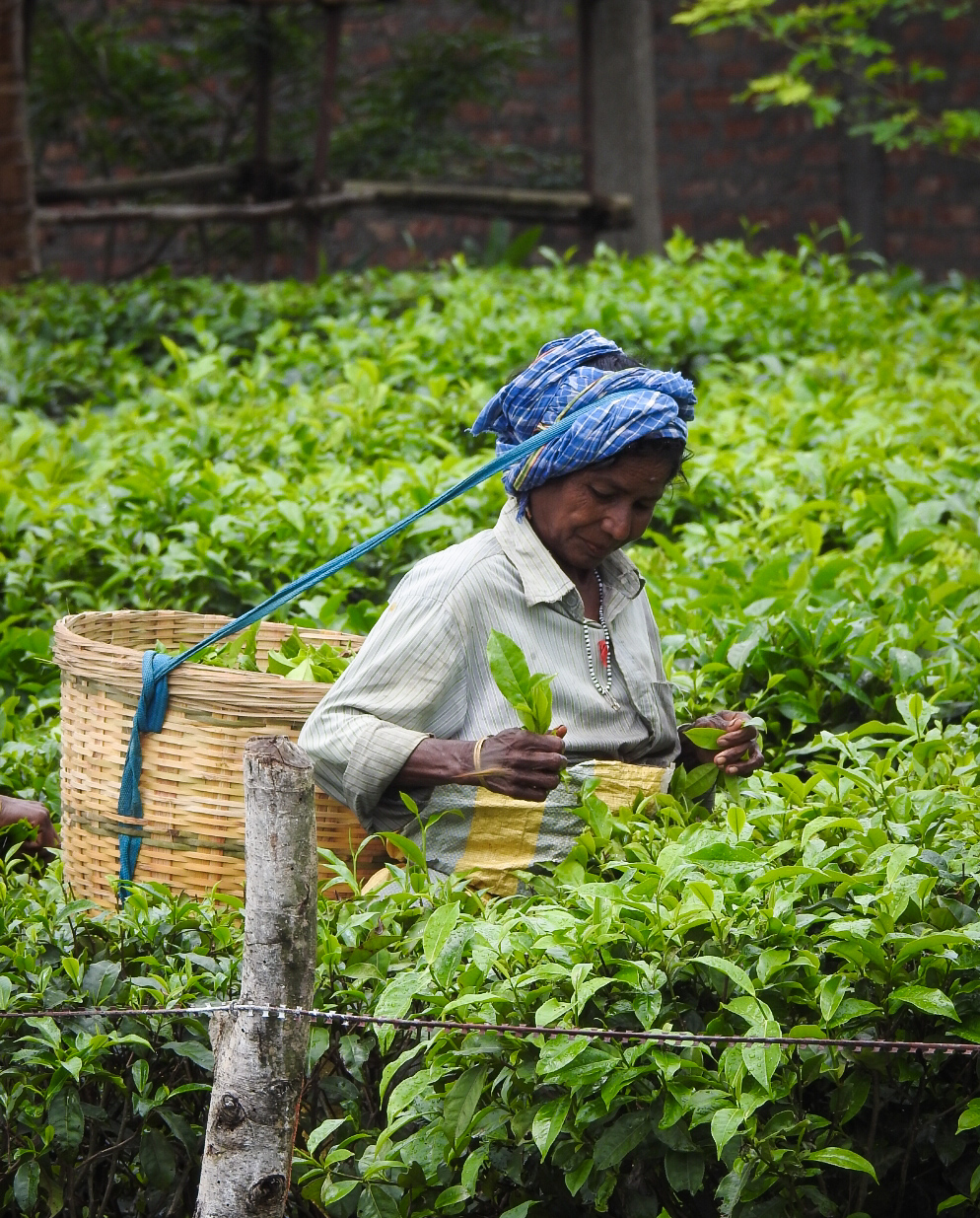

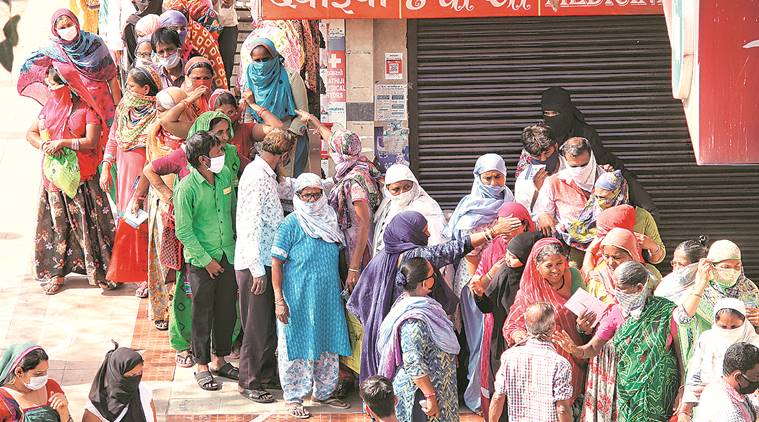

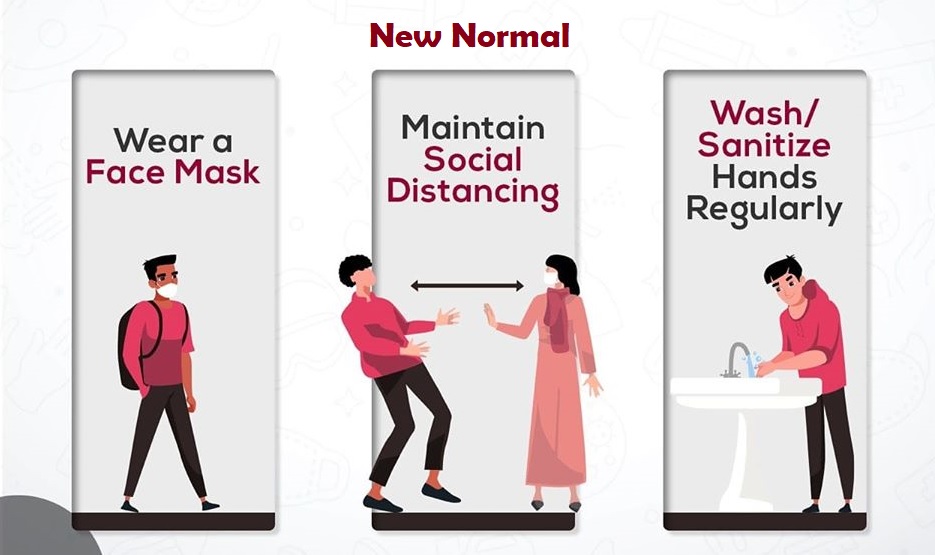


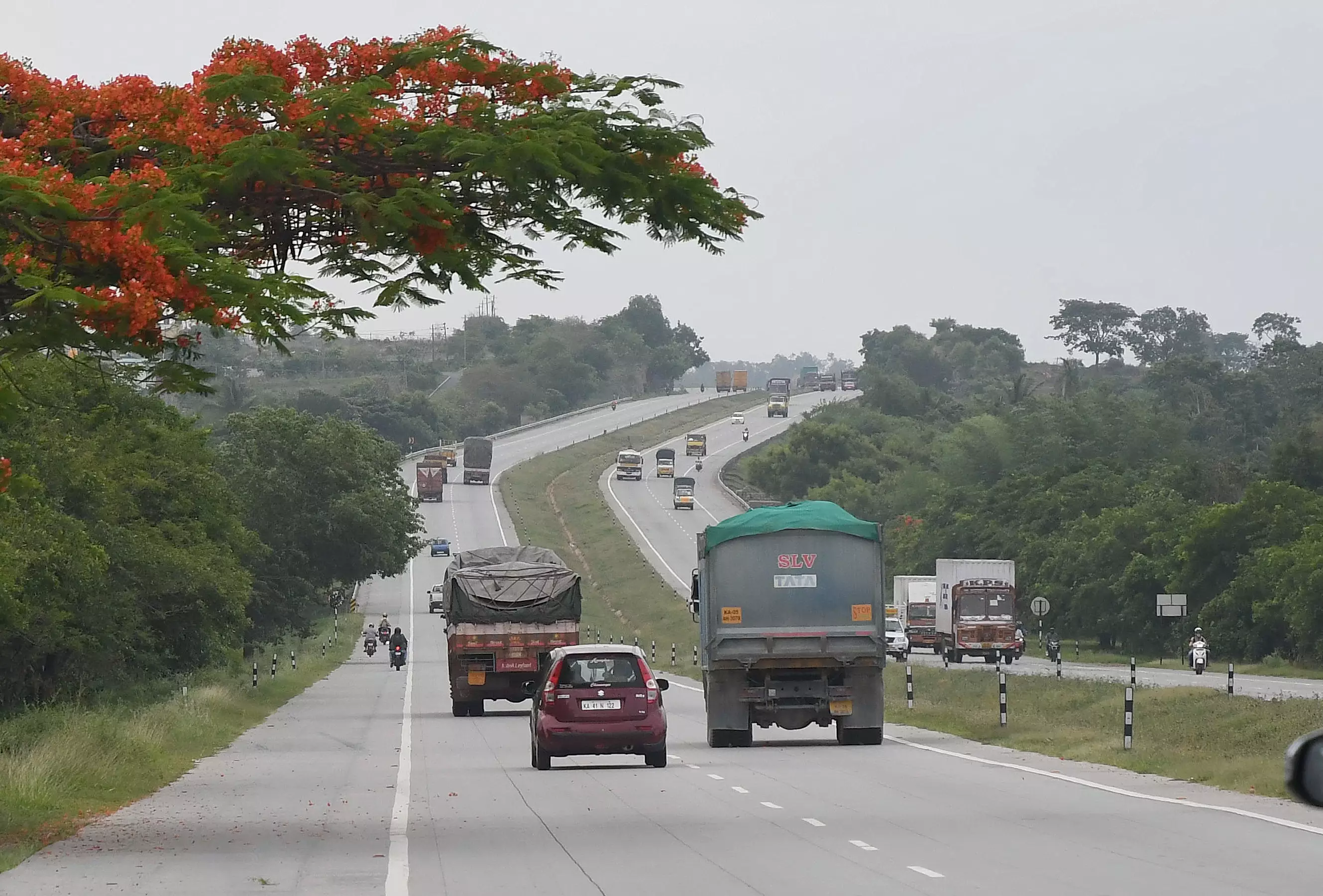
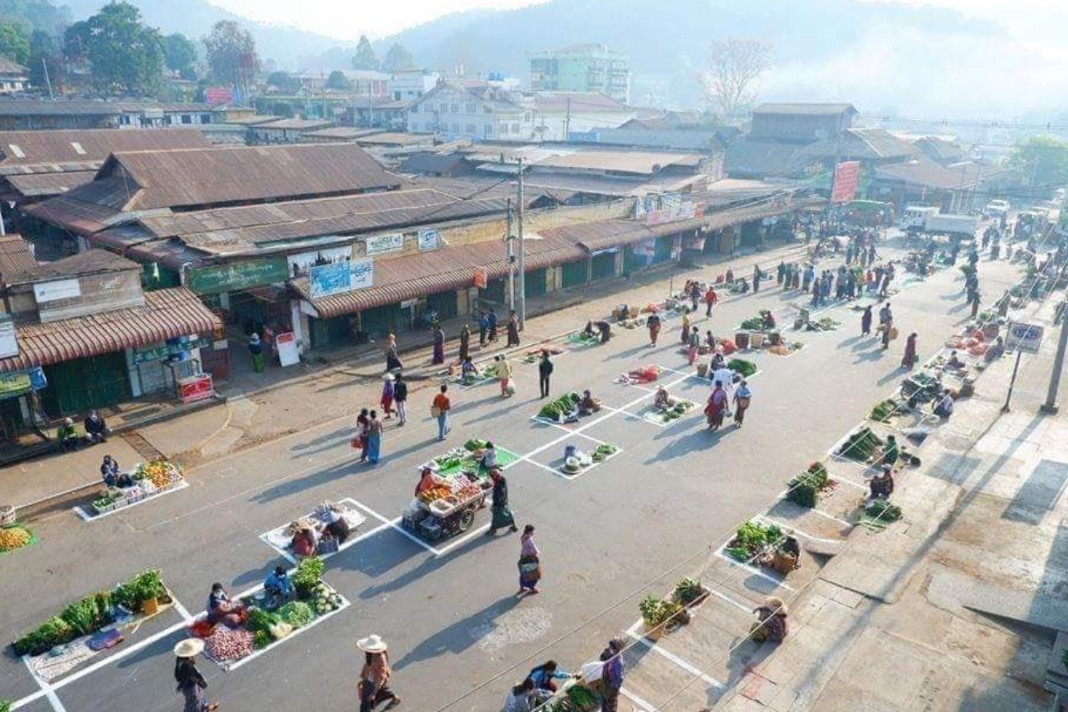
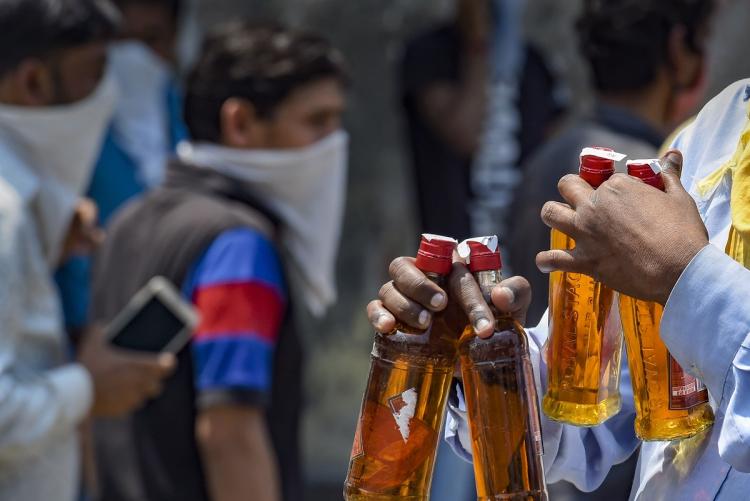
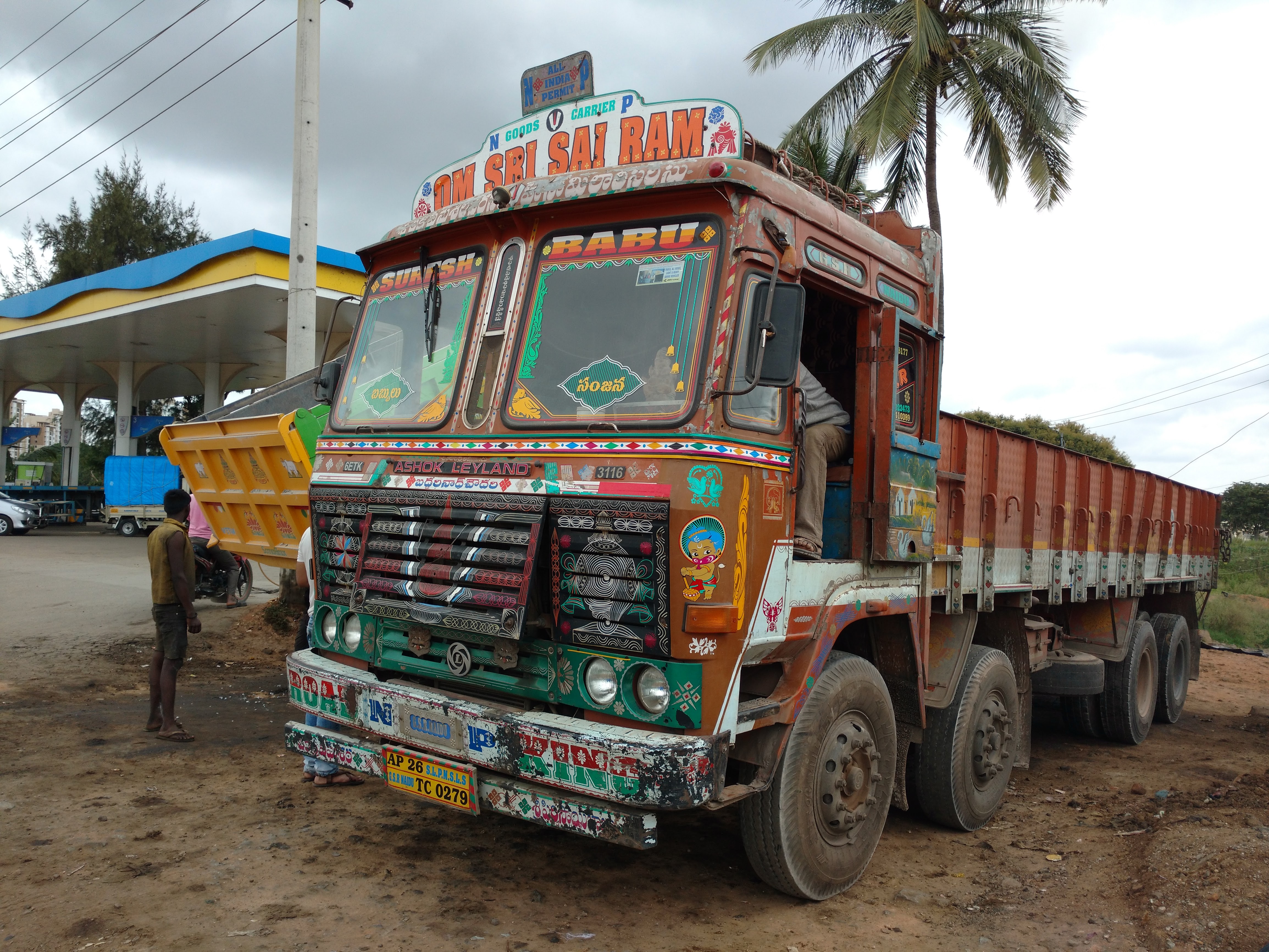
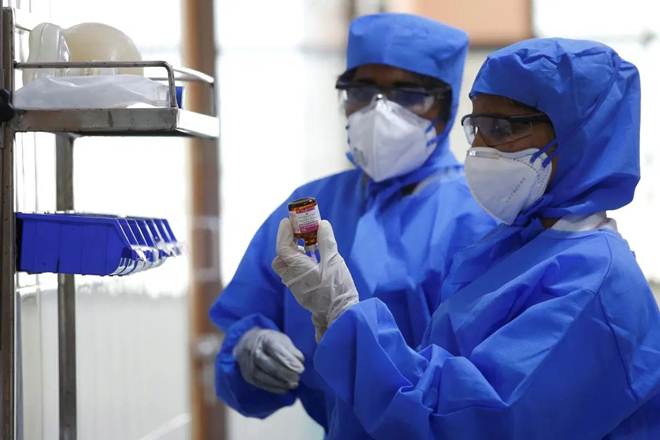
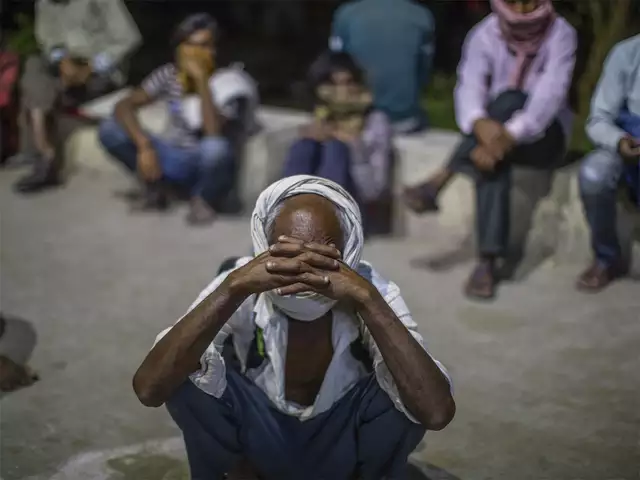

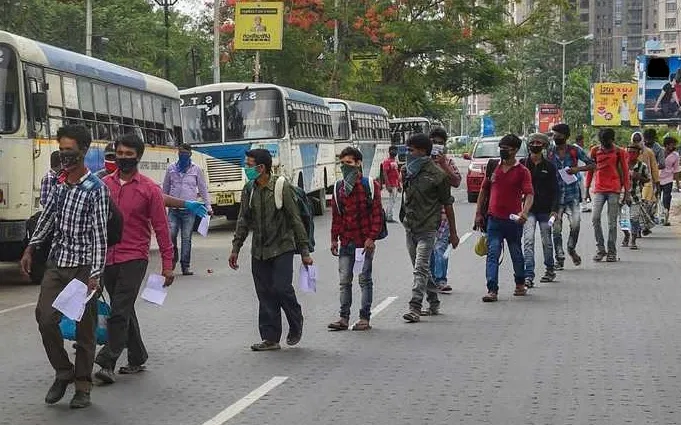

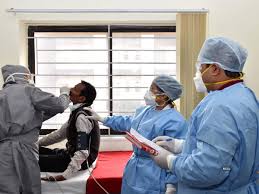

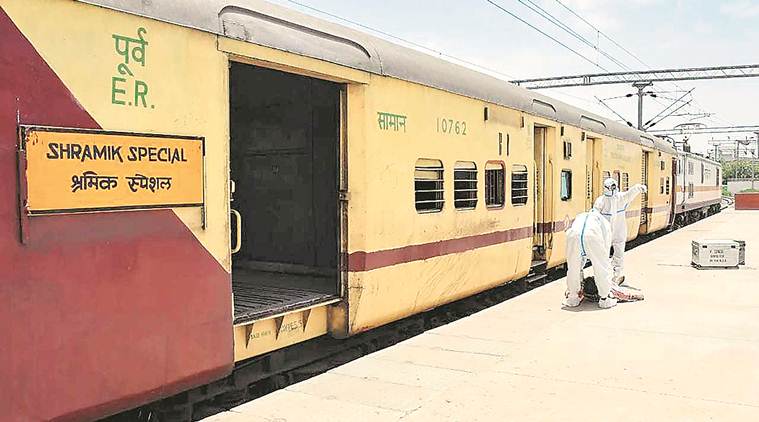

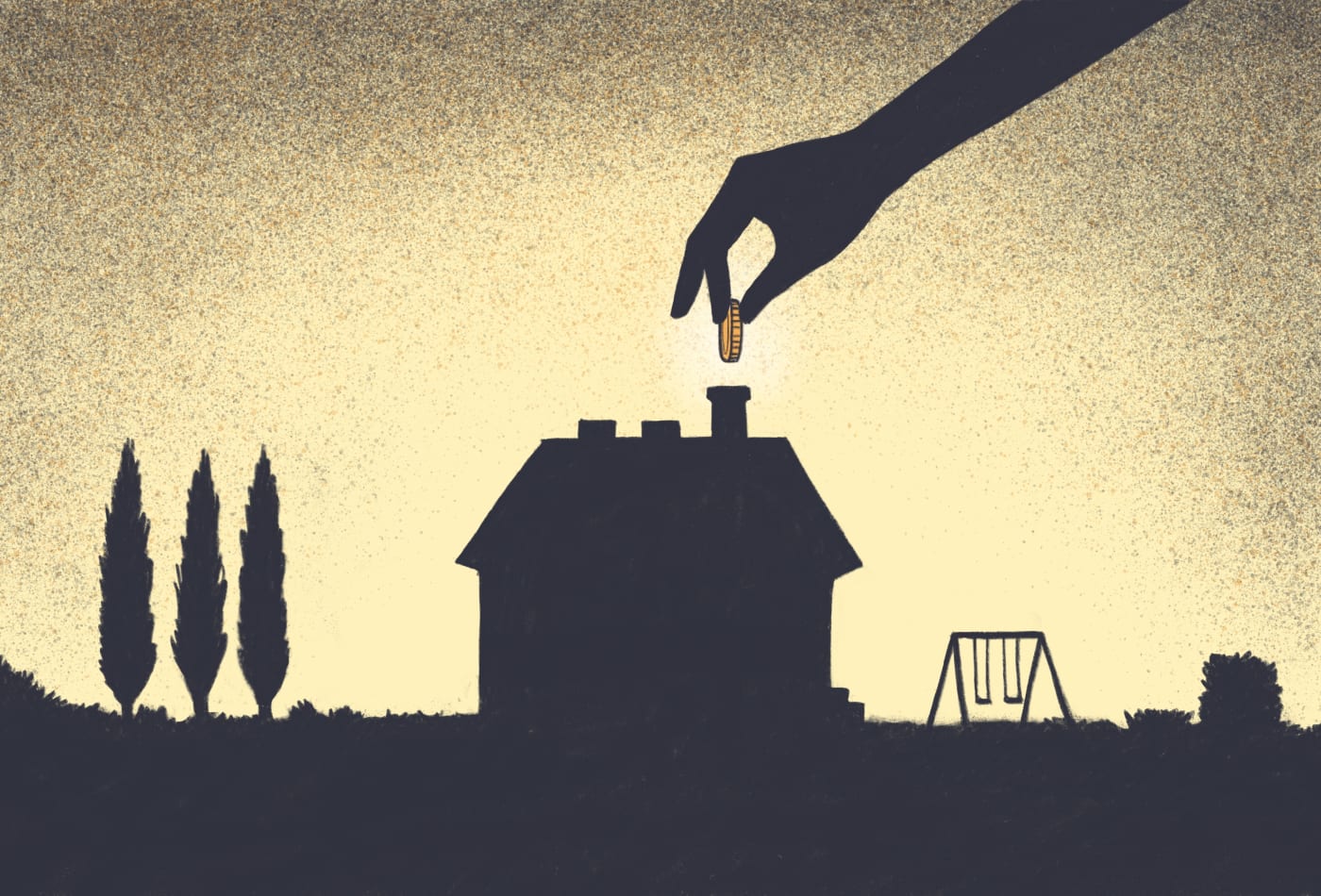


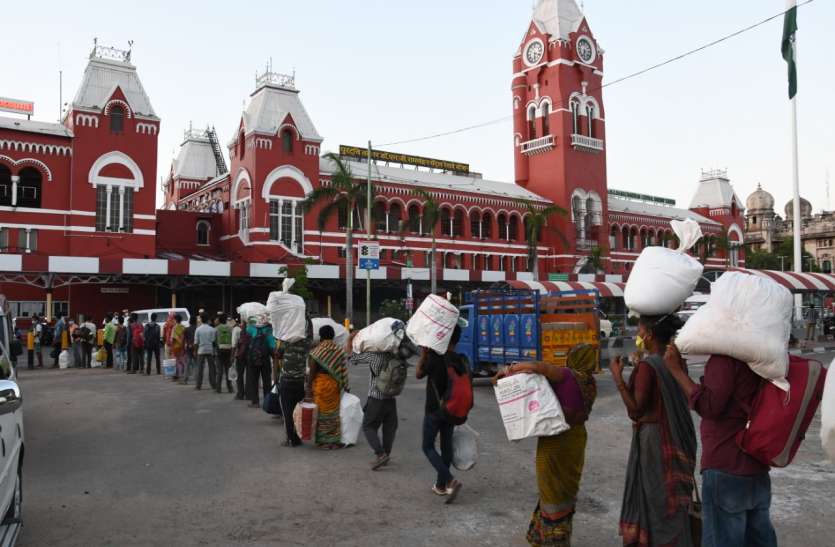
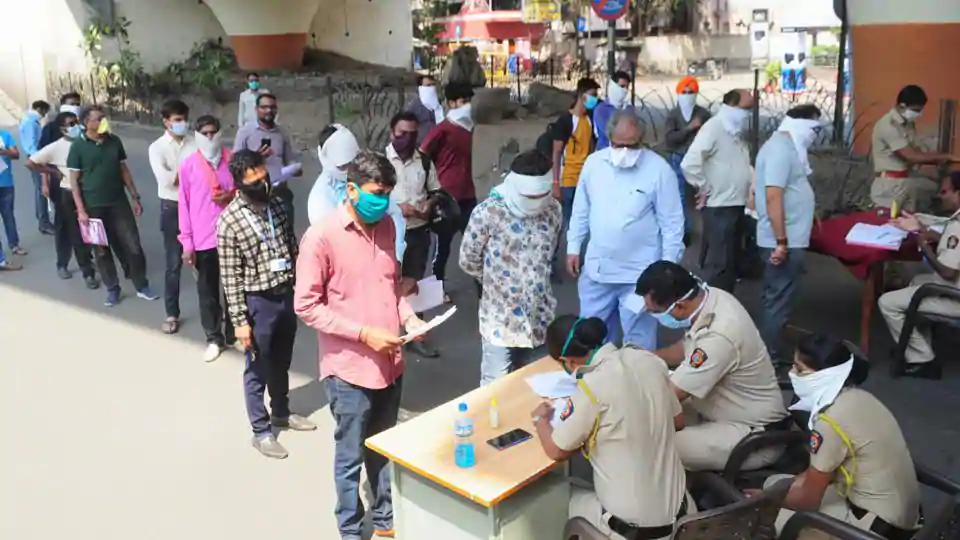
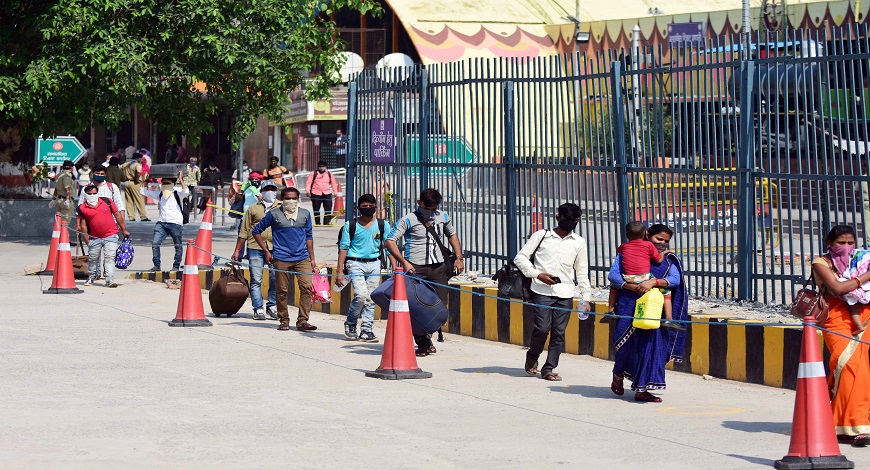
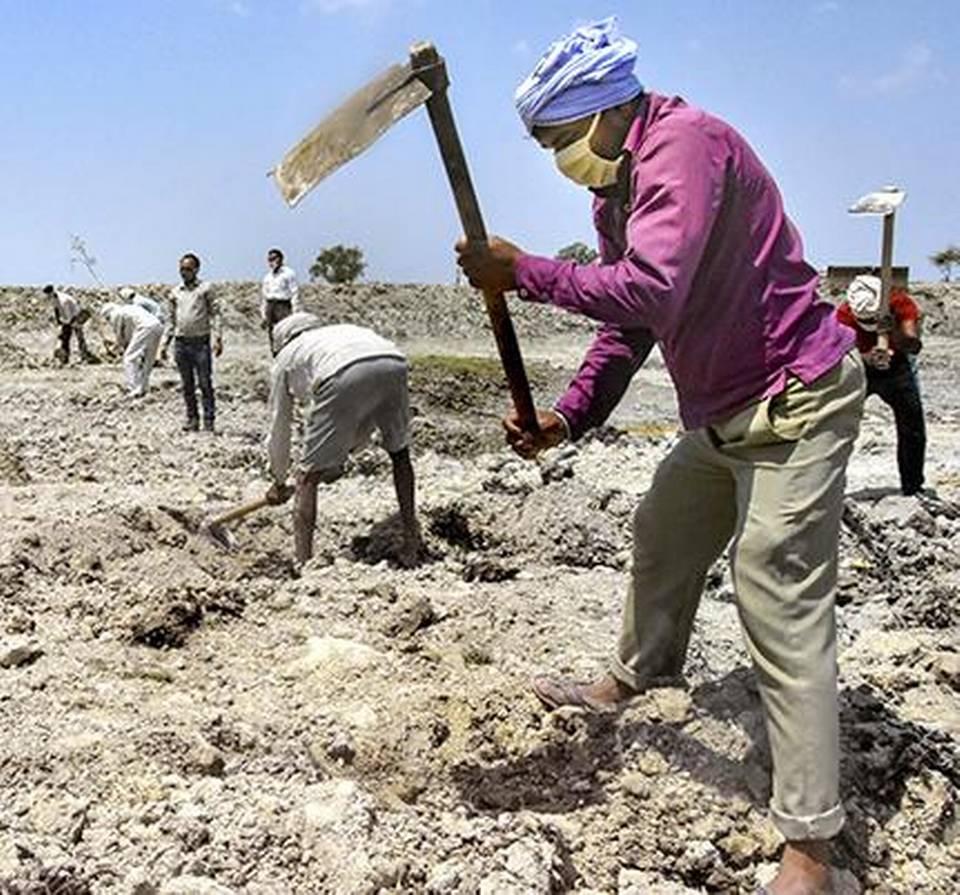
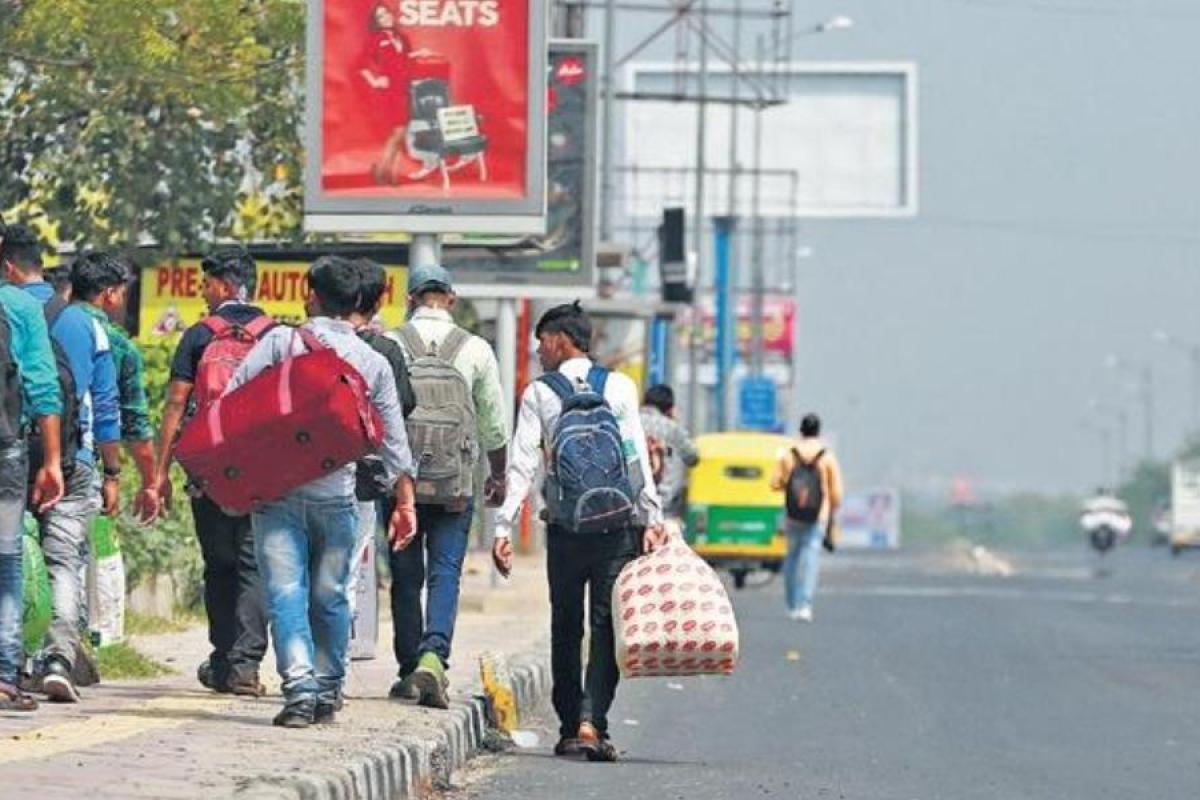
Ranjini Rao HS